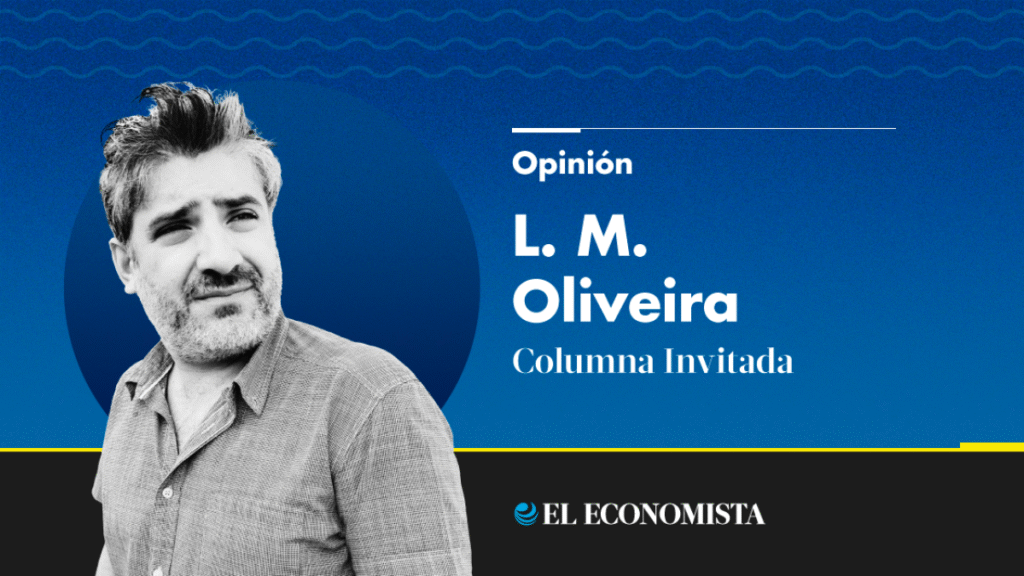Background on the Band and Context
On Monday, May 12, a judge in Jalisco linked the members of the musical band “Los Alegres del Barranco” to a criminal process. They are accused of violating Article 142 of Jalisco’s Penal Code, which states that one can face one to six months in prison for inciting others to commit a crime or making apologies for it, or any vice, if the crime is not executed; if executed, the instigator will face penalties for their participation in the crime committed.
Accusations and Charges
According to an article by this publication, the Jalisco prosecutor’s office explained that the group is accused of crime apologia due to their performance of a corrido that glorifies the leader of the CJNG (Cartel Jalisco Nueva Generación). The controversial part of the corrido includes: “I have fighting roosters/That fight for my party/We change the knives/For R and goat horns/For fifty calibers/And monsters for the roads.” This is a narrative description, not an incitement to commit a crime.
Furthermore, they allegedly projected the image of “El Mencho,” a well-known figure in media, while performing this song. Is this apologia for crime? In one word: no.
Constitutionality of the Law and Contextual Interpretation
The question arises: is Article 142 of Jalisco constitutional? It seems challenging to defend that advocating for something considered a “vice,” like smoking marijuana, is protected under freedom of expression. Moreover, it’s unclear what constitutes a “vice” according to the law.
A more intriguing discussion would be whether a statement celebrating, for example, robbing ATMs—a clear case of “crime apologia”—should be punishable by one to six months in prison. The context is crucial in determining if the statement is protected under freedom of expression.
There’s a significant difference between inciting a mob to lynch someone, which poses a severe threat of death, and glorifying ATM robbery in a punk concert four kilometers from the nearest bank. In the former, a crime is understood to be taking place; in the latter, it isn’t.
Implications for Freedom of Expression
The notion that music discussing narcotraffickers is a crime poses a serious threat to freedom of expression. This could lead to censorship of television series, novels about narcotraffickers, and newspaper articles advocating for drug legalization.
What appears to be a policy aimed at protecting young ears from such “filth” is, in reality, a conservative and authoritarian move. Those in power often seek ways to silence their critics, and starting with burning records could lead to more oppressive measures.
Key Questions and Answers
- What is the main issue? The Jalisco court linked band members to a criminal process for allegedly glorifying crime through their music.
- What are the accusations? The band is accused of crime apologia due to a corrido that praises the CJNG leader.
- Is Article 142 constitutional? The constitutionality of the law is questioned, as it seems difficult to defend that advocating for certain activities (like smoking marijuana) is protected under freedom of expression.
- What’s the significance of context? Context is crucial in determining if a statement is protected under freedom of expression. For example, inciting a mob to lynch someone versus glorifying ATM robbery in a concert.
- What are the implications for freedom of expression? This case could lead to broader censorship, threatening various forms of art and media that discuss sensitive topics.






